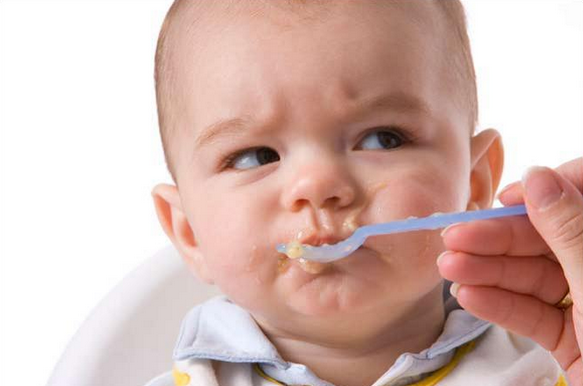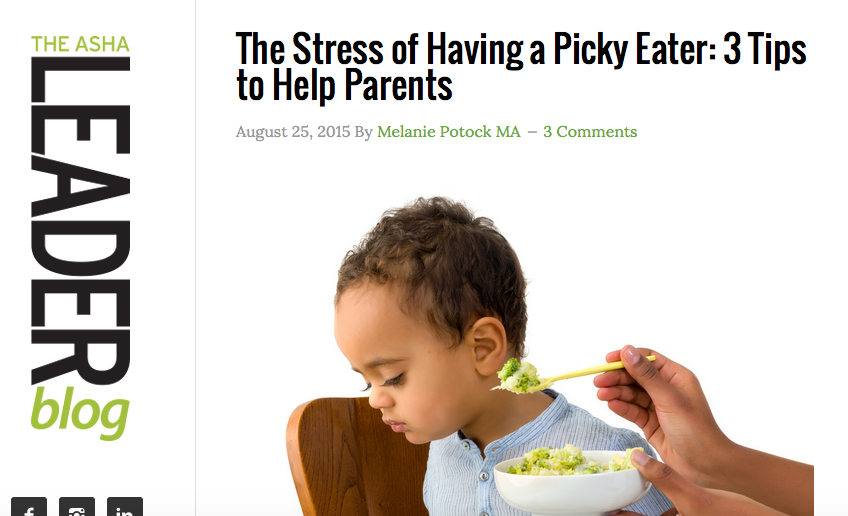
Is school out in your area?
It’s been out for over a week around here, and I’m noticing there’s a little extra stress happening in some households. This seems to happen every year around this time when the predictability and structure of school that keeps kids occupied for a good chunk of the day comes to an end. And while the last day of school can bring a huge sense of relief and excitement for some families, others might find themselves saying:
WHAT ARE WE GOING TO DO NOW?
Of course, Summer Stress Disorder isn’t a real mental health diagnosis, but the freedom of summer can certainly be a real source of stress for some parents and kids, too. To keep summer stress to the minimum, consider the following tips:
Talk about it. Sitting down as a family and talking about schedules, plans and expectations for the next 3 months is a great idea. Even if your kiddos are preschoolers, they can benefit too. Older kids (even those home from college) can also benefit from understanding the rules and guidelines for summer (Is curfew the same? Are they expected to work? Do chores around the house?)
Have a plan. I’m big on planning, and big on structure. Not everyone shares my philosophy on running a home (which is completely fine, by the way – there are lots of good ways to raise kids!), but I do think having some basic plans for how days and weeks are organized are a good idea. Will there be time set aside for reading or math practice? Rules around screen time? Participation in camps, volunteer activities, sports or classes? Kids need downtime, but they need at least a bit of structured time too.
Have fun. Staycation – something popularized in the recession – is now a part of our vocabulary. The great thing about it is that there are now TONS of websites and blogs dedicated to helping families plan outings near home. Whether or not big trips are in your summer schedule, fun can be had close to home. Encourage your kids to help you choose an activity and involve them in the planning process.
Take a break. Family time is great, but so is alone time. Don’t forget to schedule in a bit of time for yourself this summer. 3 months can feel like a reeeeaaaallllly long time when every moment is spent with kids.














